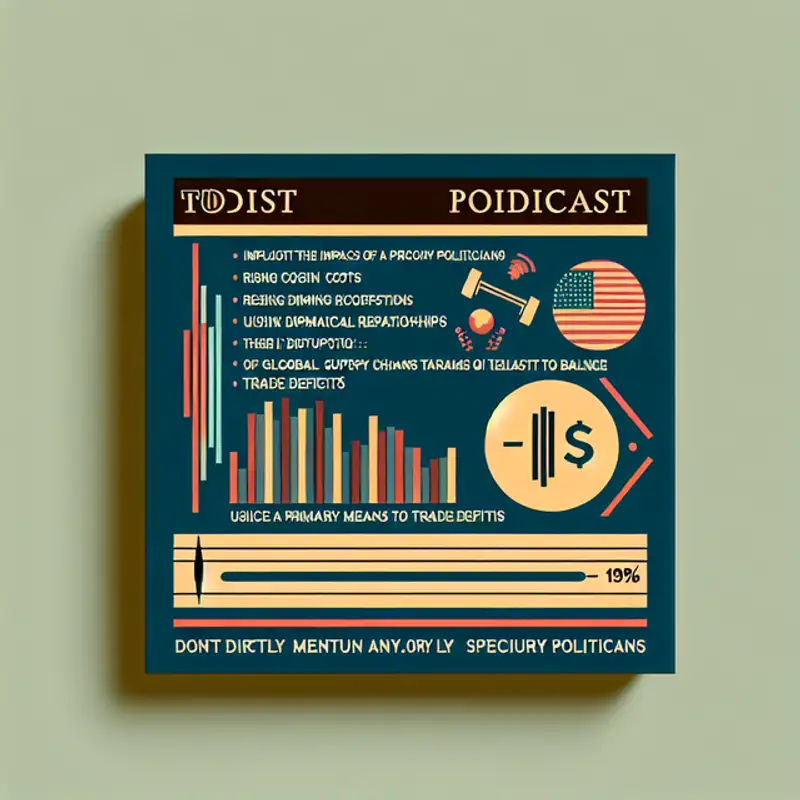Donald Trump’s long-running obsession with trade deficits – especially bilateral ones – may seem like a throwback to 19th-century economics, but as Vox’s Andrew Prokop reveals, it dictated much of his chaotic and often self-sabotaging trade policy. Believing that any country that sells more to the U.S. than it buys is outright “beating” us, Trump imposed tariffs in an attempt to "even the score," hitting allies and adversaries alike. But here’s the kicker: most economists agree this fixation is not only simplistic, it’s wildly misguided. Modern economies thrive on global supply chains, services trade, and consumer choice – all of which were collateral damage in Trump’s efforts to wipe out trade deficits. From rising manufacturing costs in the U.S. to diplomatic strain with key allies, Trump’s tariffs may have caused more harm than the deficits he claimed to defeat.
Key Points:
- Trump views trade deficits as a loss, stating “To me, a deficit is a loss. We’re going to have surpluses or at worst, going to be breaking even.”
- His trade policies heavily targeted countries with large deficits, regardless of their geopolitical status – meaning allies like Canada were hit just as hard as rivals like China.
- Trump’s approach overlooks important economic realities: supply chains are global, Americans benefit from cheaper foreign goods, and the U.S. has a service trade surplus not reflected in his metric.
- The tariffs backfired in many sectors – U.S. manufacturers importing foreign parts faced rising costs, potentially making American-made goods less competitive.
- Workforce concerns remain key: replacing imports with domestic production would require a major industrial shift and a large labor force, a difficult feat amidst immigration crackdowns and the unrealistic reliance on automation.
- Currency strength plays a big role in trade balances. While some advisers hinted at weakening the dollar (theoretical “Mar-a-Lago Accord”), Trump was inconsistent on the issue.
- The unpredictable nature of Trump’s trade policy created uncertainty for businesses, discouraging long-term investments.
Reality Check:
- Economists across the political spectrum dispute the idea that bilateral trade deficits are inherently bad. Trade allows for specialization, efficiency, and consumer benefit.
- Several studies showed that Trump’s tariffs led to higher costs for American consumers and businesses, while doing limited damage to foreign exporters.
- The idea of reshoring entire supply chains is viewed by experts as prohibitively expensive and possibly harmful to U.S. living standards.
Bottom line? Trump’s trade war wasn’t just a political stunt—it was driven by a misreading of basic economic principles, and the ripple effects are still being felt across global markets.
Link to Article
 Episode
Episode